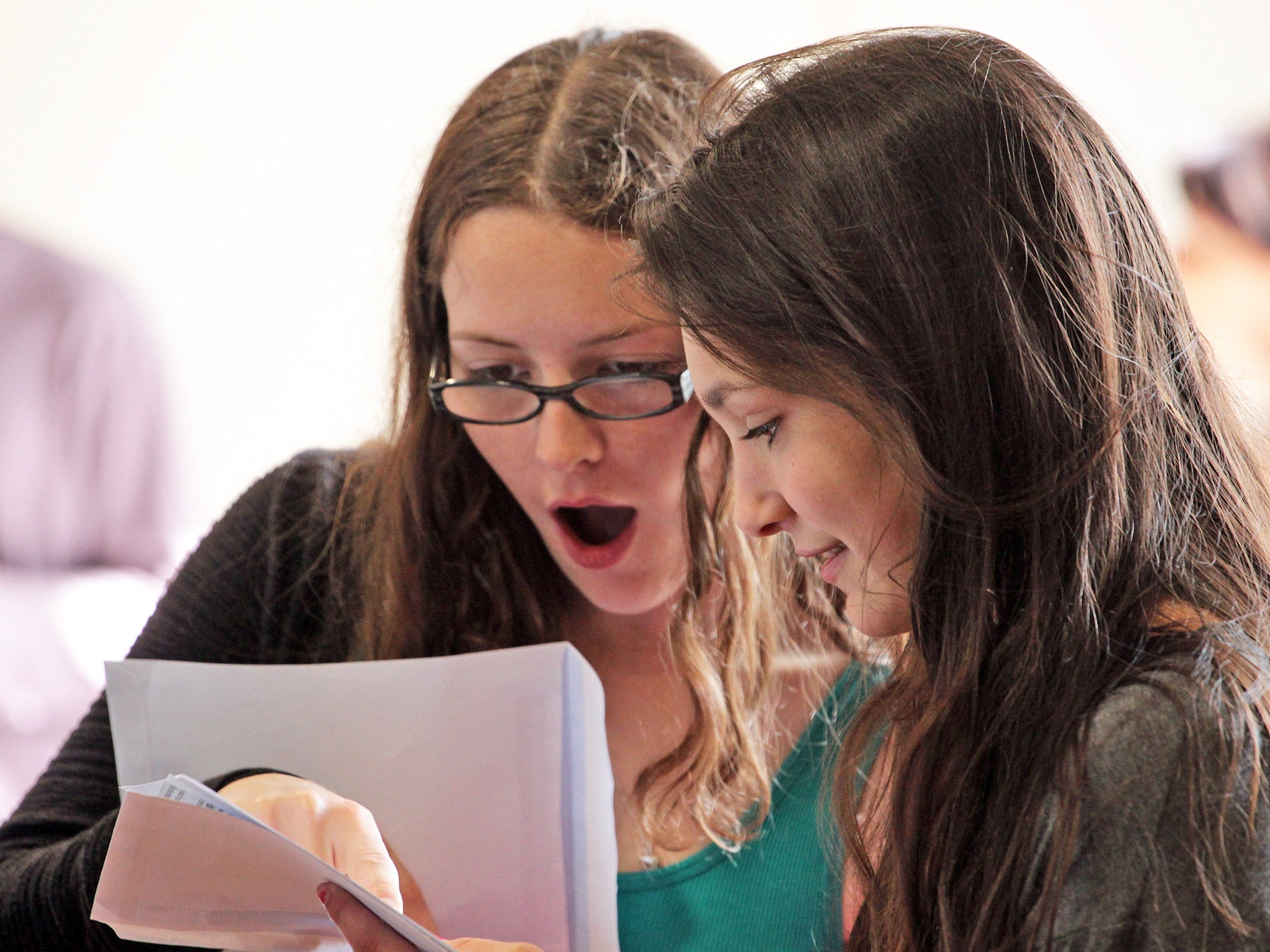Students increasingly admitted to university without three A-levels
UCAS figures show number of pupils with a BTec vocational qualification soaring fivefold since 2008 to 250,000

Growing numbers of students are being admitted to university without the traditional set of three A-level passes, it has emerged.
Figures published by UCAS, the university admissions service, show the number of pupils with a BTec vocational qualification has soared fivefold since 2008 to 250,000. In percentage terms, they have increased from 14 per cent of all new students to 26 per cent.
In all, just 63 per cent of all new recruits this autumn arrived at university with three A-level passes, a report published by the service revealed.
Mary Curnock Cook, its chief executive, said the report showed a shift in the types of qualifications many students were studying in order to get a university place. A significant minority were applying with “newer and less traditional qualifications or through less straightforward routes”.
However, the report issues a warning that the new breed of students may struggle at university if tutors assume they have experienced an A-level style of education.
It has become clear to UCAS that the opportunities and challenges of this change are not yet well understood by learners, parents, teachers and providers,” said Ms Curnock Cook.
The findings also come at a time when Education Secretary Nicky Morgan is trying to persuade schools to focus more on outlining alterbative future career paths to university. She is promising new legislation to ensure that schools give just as much weight in advice to vocational education and the apprenticeship route to employment.
James Kewin, deputy chief executive of the Sixth Form College association, predicted the trend towards more general qualifications and tech levels would increase in years to come.
Meanwhile, students applying to university are warned not to place too much reliance on their teachers in drafting personal statements to back up their university applications.
A study by the Sutton Trust education charity reveals there is a difference between what a teacher believes would make a good personal statement and the view of a university admissions tutor.
Only 10 out of 44 personal statements were awarded the same grade by teachers and admissions# tutors, it added. One student’s work was praised by a teacher for showing “clear enthusiasm towards law” while the tutor described it as an “empty opening statement”.
Join our commenting forum
Join thought-provoking conversations, follow other Independent readers and see their replies
Comments
Bookmark popover
Removed from bookmarks